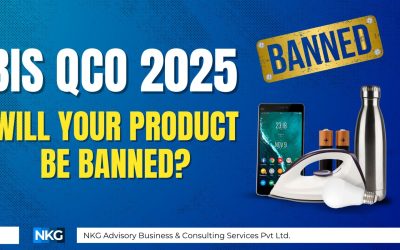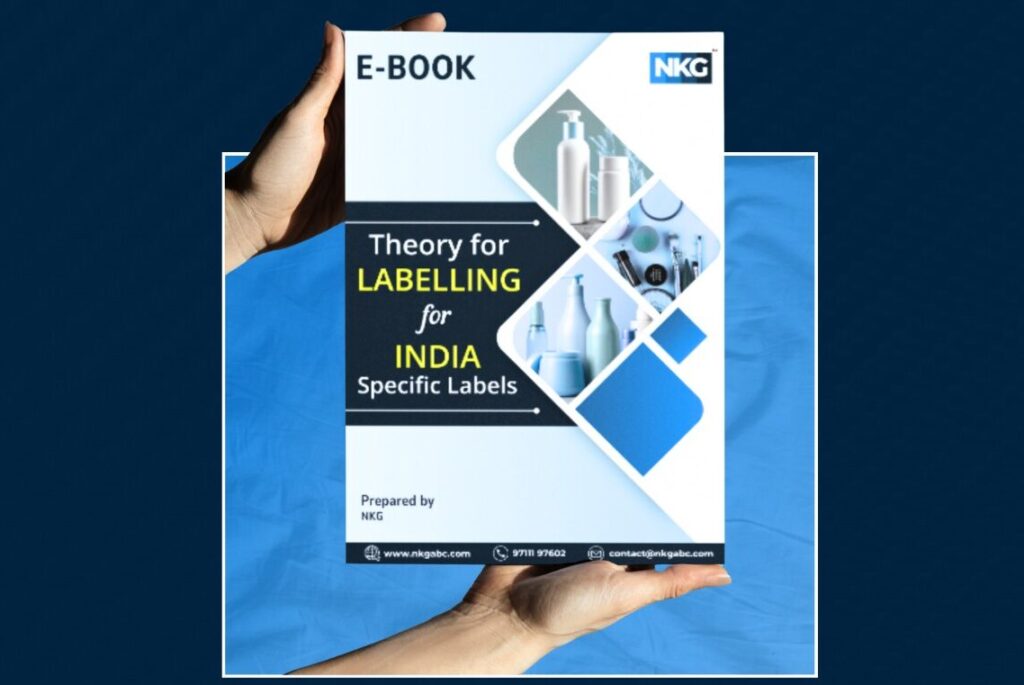Introduction
Starting May 2025, several critical chemical substances, including Morpholine, H Acid, and K Acid, will come under the mandatory purview of BIS (Bureau of Indian Standards) certification in India.
Manufacturers, importers, and distributors must ensure compliance with the prescribed Indian Standards to continue production, sales, and market operations without legal penalties.
This blog provides a detailed overview of the applicable standards, certification process timelines, and the urgent actions chemical businesses must take immediately.
Why BIS Certification for Chemicals?
In recent years, the Indian government has taken a strong regulatory stance to ensure that chemical substances meet defined safety, quality, and performance standards.
BIS Certification is more than a regulatory checkbox, it ensures that products:
- Comply with national and international safety benchmarks
- Are free from hazardous contaminants
- Maintain standardized quality for industrial applications
The certification also aligns with India’s growing push for “Make in India” and import quality control, especially after 2023, when multiple raw materials have been brought under tighter scrutiny.
The upcoming deadline is a signal to act now for businesses dealing with Morpholine, H Acid, and K Acid, all widely used chemical intermediates.
Products Under Immediate Focus
Below are the key chemicals set to fall under mandatory BIS certification, along with their Indian Standards and enforcement dates:
| Chemical | IS Standard | Enforcement Date |
|---|---|---|
| Morpholine | ISIS 12084: 2018 | 1 May 2025 |
| H Acid | IS 8637: 2020 | 14 May 2025 |
| K Acid | IS 11557: 1986 | 14 May 2025 |
Note: Non-compliance may result in:
- Import blocks
- Manufacturing halts
- Regulatory actions or penalties under the BIS Act
Industries Rely on These Chemicals – Here’s Why Compliance Can’t Be Delayed
Morpholine, H Acid, and K Acid are essential chemical intermediates powering multiple industrial sectors.
- Morpholine is used extensively in water treatment, rubber chemical manufacturing, and agrochemical production.
- H Acid and K Acid are core to the formulation of azo dyes and acid dyes, widely used in textiles, paper, and leather processing.
These compounds contribute to:
- Vibrant colors in fabrics
- Improved corrosion resistance in systems
- Enhanced performance in pharma and agriculture
Because of their integral role in downstream industries, any disruption caused by certification delays could have cascading effects across the supply chain, from raw material suppliers to finished goods exporters.
Timeline to Get Certified
The process of obtaining BIS Certification for Morpholine, H Acid, and K Acid typically takes 2 to 4 months.
Here’s a snapshot of the typical certification journey:
- Application Submission
Complete the online application with product and manufacturing details. - Sample Testing
Samples are tested at BIS-recognized laboratories against the respective Indian Standards. - Factory Audit
BIS officials may conduct an inspection of the production facility. - Certification Grant
Upon approval, a license is issued, and BIS mark usage begins. - Labelling & Compliance
All product packaging must carry the correct BIS mark and license details.
Since the process is time-bound and may involve re-submissions or clarification, starting early is essential.
What Companies Must Do Now
If your business manufactures, imports, or uses any of these three chemicals, here’s what you should do immediately:
- Identify all chemical products and supply chain items involving Morpholine, H Acid, and K Acid
- Apply for BIS Certification well ahead of the May 2025 deadline
- Prepare documentation and product samples as per the respective IS standards
- Ensure your facility is audit-ready and complies with quality control guidelines
- Partner with a regulatory advisory to speed up compliance and avoid costly delays
👉 Need help? Contact us for step-by-step guidance.
Risks of Non-Compliance
Failure to comply with the BIS certification deadline can have serious legal and operational consequences, including:
- Import Restrictions: Customs authorities will block entry of non-compliant chemical consignments
- Manufacturing Halts: Production may be stopped if certification isn’t available for raw materials
- Legal Penalties: Violations under the BIS Act may lead to fines or prosecution
- Reputational Damage: Non-compliance affects your credibility with partners and clients
- Loss of Business Continuity: Uncertified products may lead to canceled orders and revenue loss
Conclusion
May 2025 has just started, and if your chemical operations involve Morpholine, H Acid, or K Acid, BIS certification is no longer optional, it’s mandatory.
Start your compliance journey today to avoid disruptions, protect your market presence, and ensure your products continue reaching customers, legally, safely, and with full regulatory approval.
Looking for more insights on compliance, certifications, and industry updates? Explore our blog page for expert guidance and actionable information. Visit Now







